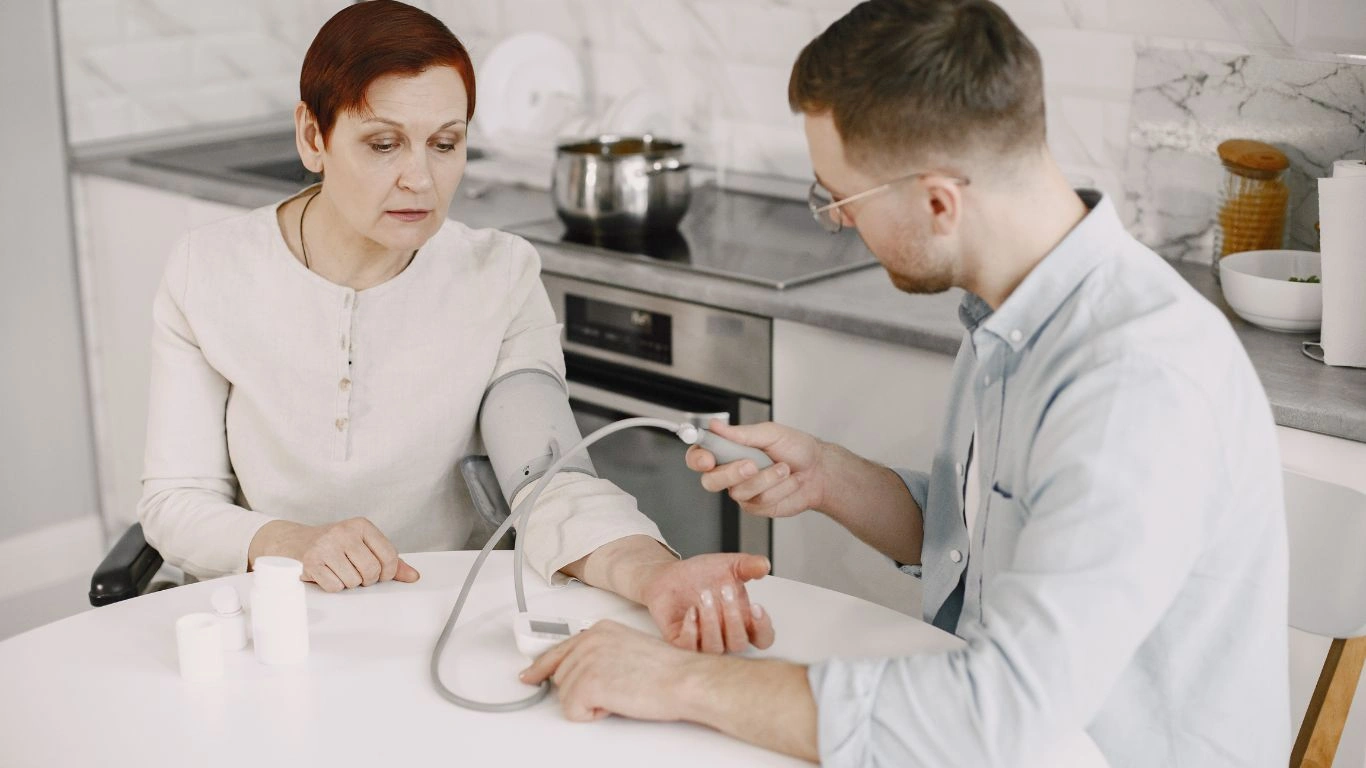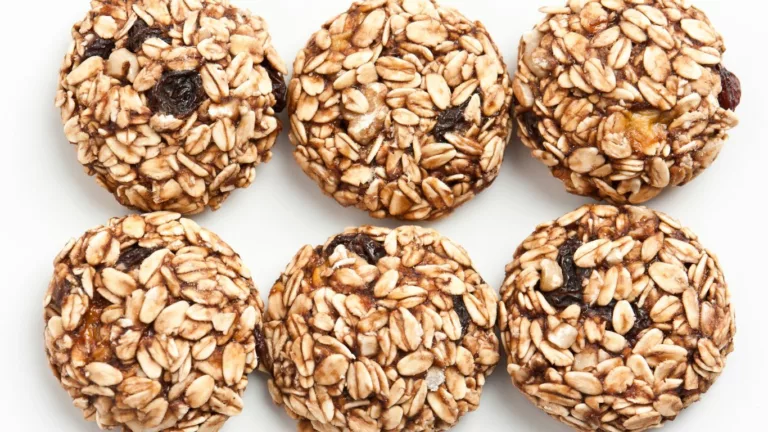How Blood Pressure Affects Heart Function – Everything You Need to Know
Wondering how blood pressure affects your heart function? You’re not alone! Blood pressure is crucial in maintaining heart health, and understanding its effect can help you make better health decisions. Let’s dive into how both high and low blood pressure can impact your heart and what you can do about it.
Our heart pumps blood throughout the body, supplying oxygen and nutrients while removing waste products. Blood pressure, the force of blood against the walls of your arteries, is essential to this process. However, when blood pressure is too high or too low, it can put significant strain on your heart and other organs.

How High Blood Pressure Affects the Heart
When blood pressure is consistently too high, also known as hypertension, it can have serious effects on the heart. Here’s how:
Increased Workload on the Heart
The heart has to work harder to pump blood against the increased pressure in the arteries. Over time, this added stress can cause the heart muscle to become thickened or enlarged. While this might initially help the heart handle the extra workload, it eventually weakens the heart muscle, making it less efficient at pumping blood.
Damage to Arteries
High blood pressure can also cause damage to the inner lining of the arteries, leading to the buildup of plaque. This condition, known as atherosclerosis, narrows and stiffens the arteries, making it more difficult for blood to flow. The heart now faces even greater difficulty in pumping blood through the body.
Increased Risk of Heart Attack and Stroke
Over time, hypertension can lead to heart disease, heart attack, and stroke. The strain on the heart and blood vessels increases the risk of blood clots, and the narrowed arteries may eventually block blood flow to the heart or brain. This can result in life-threatening events like heart attacks or strokes.

How Low Blood Pressure Affects the Heart
While high blood pressure is a well-known risk factor for heart disease, low blood pressure (hypotension) can also be problematic for heart health.
Reduced Blood Flow to the Heart
Low blood pressure means there isn’t enough blood flowing to the heart, brain, or other vital organs. This can lead to dizziness, fainting, and overall weakness. If the heart isn’t getting enough blood, it can’t pump effectively, leading to a risk of organ failure over time.
Shock and Organ Damage
Severe hypotension can cause shock, a life-threatening condition where blood pressure drops too low for the body to function properly. This can lead to damage to the heart, kidneys, and other organs. Shock requires immediate medical attention to prevent permanent organ damage or even death.

Understanding the Long-Term Impact on Heart Function
Both high and low blood pressure can contribute to the long-term decline in heart function. Chronic hypertension can lead to heart failure, a condition where the heart can’t pump blood effectively. Similarly, long-term hypotension can result in poor circulation, leading to organ damage and inefficient heart function.
Heart Failure and Hypertension
As hypertension causes the heart to work harder, it can eventually lead to heart failure. The heart muscle becomes stiff, and the heart can’t pump blood as efficiently as it should. This condition often leads to symptoms like shortness of breath, swelling in the legs and ankles, and fatigue.
Arrhythmias and Blood Pressure
Both high and low blood pressure can also increase the risk of arrhythmias, which are abnormal heart rhythms. High blood pressure can cause electrical disturbances in the heart, while low blood pressure may result in fainting or irregular heartbeats due to insufficient blood flow to the heart.

Maintaining Healthy Blood Pressure for a Healthy Heart
The good news is that maintaining a healthy blood pressure level can help protect your heart and overall health. Here are a few tips to keep your blood pressure in check:
1. Exercise Regularly
Physical activity helps strengthen the heart, improve circulation, and regulate blood pressure. Aiming for at least 30 minutes of moderate exercise most days of the week can make a big difference.
2. Eat a Balanced Diet
A heart-healthy diet rich in fruits, vegetables, whole grains, and lean proteins can help manage blood pressure. Limiting salt, unhealthy fats, and processed foods is key.
3. Manage Stress
Chronic stress can increase blood pressure. Practice relaxation techniques like deep breathing, meditation, or yoga to keep your stress levels in check.
4. Monitor Your Blood Pressure
Regularly checking your blood pressure can help you catch any issues early. If you’re at risk for hypertension or hypotension, keep track of your numbers and work with your doctor to manage your health.
Appendices
References
For more information on blood pressure and heart health, check out these trusted resources:
- American Heart Association. (2023). Blood Pressure and Heart Health. Read Article
- National Institutes of Health (NIH). (2022). Understanding Blood Pressure and Its Effects on the Heart. Read Article
- World Health Organization (WHO). (2023). Global Heart Health and Blood Pressure Management. Read Article
FAQs
Here are some frequently asked questions about blood pressure and heart function:
- How does high blood pressure lead to heart disease? High blood pressure strains the heart and damages blood vessels, which can increase the risk of heart attack, stroke, and heart failure over time.
- Can low blood pressure cause heart failure? While low blood pressure itself doesn’t directly cause heart failure, it can lead to poor circulation and organ damage, which can eventually contribute to heart failure if left untreated.
- What are the signs of high blood pressure? High blood pressure is often called the “silent killer” because it usually doesn’t have noticeable symptoms. However, severe hypertension can cause headaches, dizziness, shortness of breath, or nosebleeds.
- What is a healthy blood pressure range? A normal blood pressure reading is typically around 120/80 mmHg. Anything consistently higher may indicate hypertension, while readings lower than 90/60 mmHg can suggest hypotension.
- How can I lower my blood pressure naturally? Regular exercise, a balanced diet, reducing salt intake, managing stress, and avoiding smoking or excessive alcohol consumption can help lower blood pressure naturally.
Disclaimer: The information provided in this article is for educational purposes only and does not substitute for professional medical advice. Always consult with your healthcare provider regarding any concerns related to your blood pressure and heart health. Individual needs may vary, and professional guidance is essential for personalized care.






